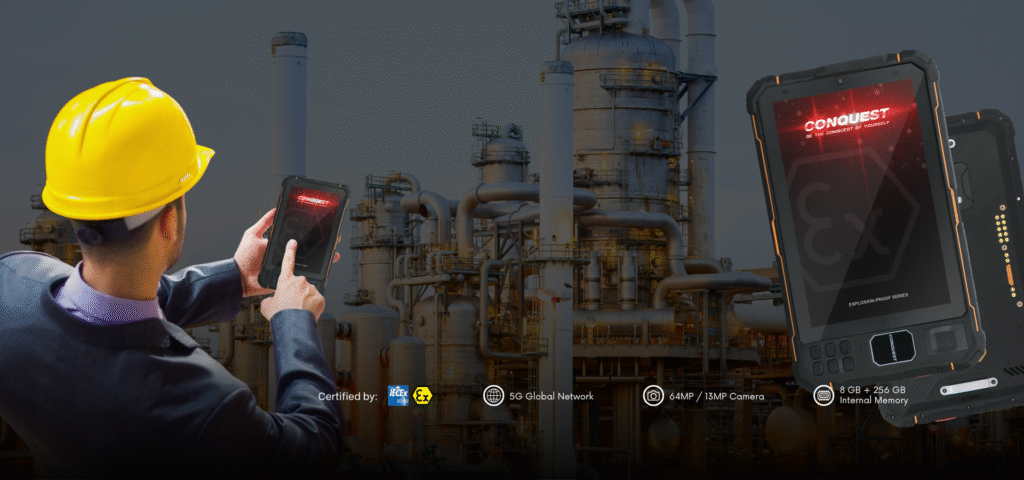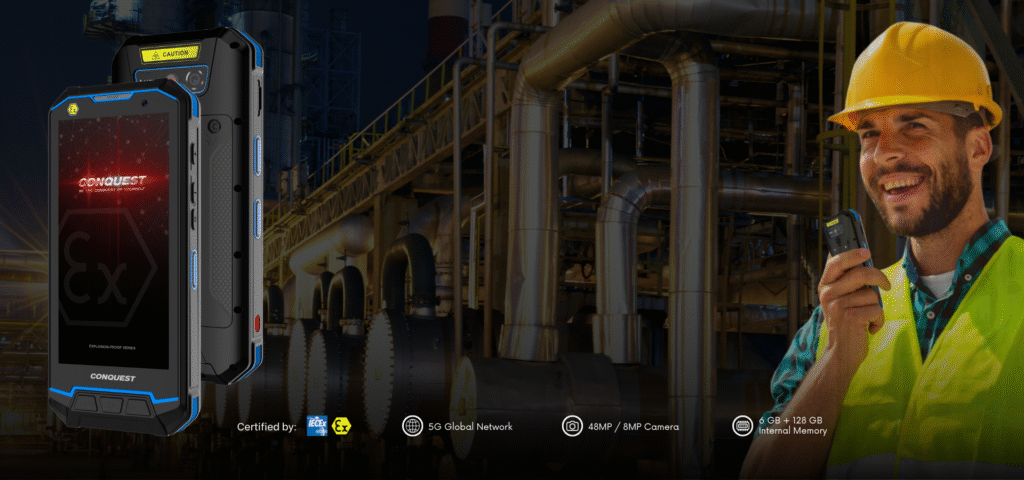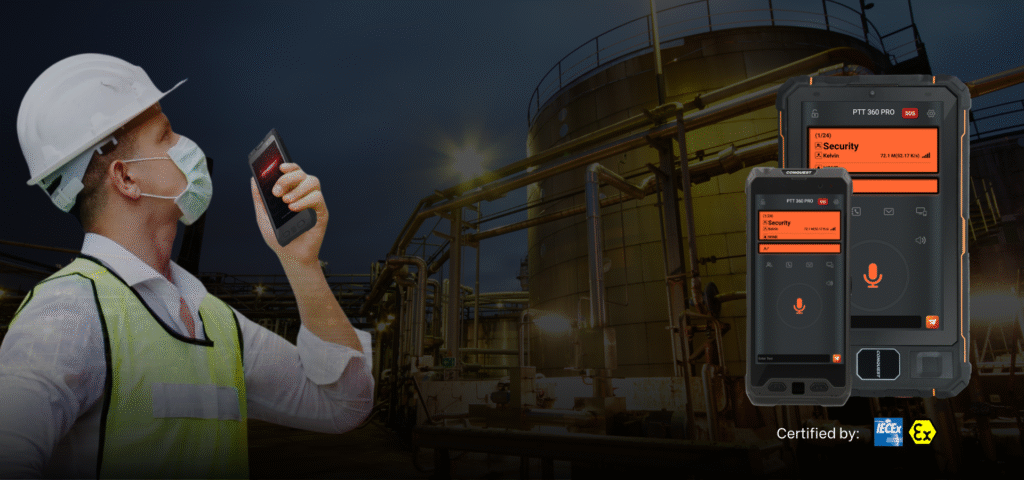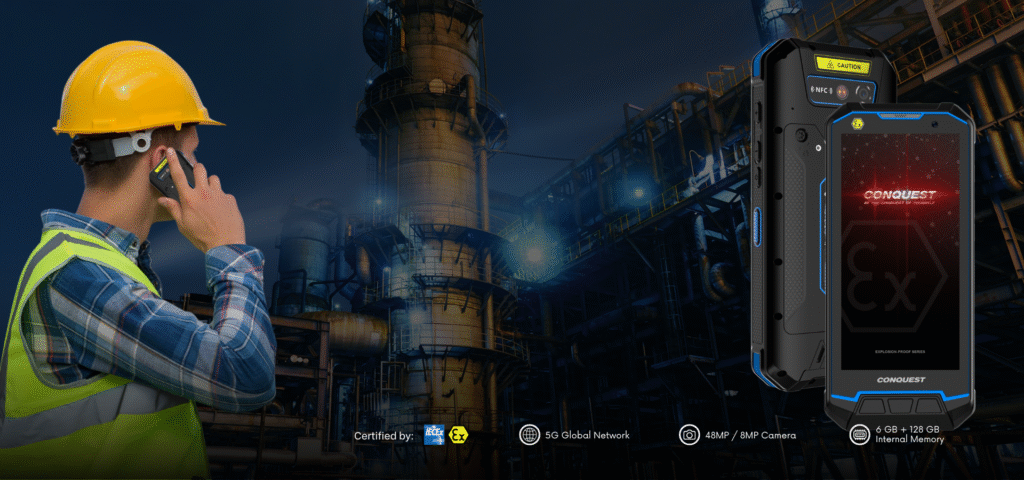
Frontline Workers: The Unsung Heroes Powering Our Essential Industries
Frontline workers are the backbone of essential operations worldwide. Their contributions often go unnoticed, yet they power critical industries like healthcare, logistics, manufacturing, and education. The COVID-19 pandemic elevated their roles to new heights, showcasing their importance in keeping our society functioning. Frontline workers work tirelessly and often under extreme conditions to ensure that essential services continue seamlessly. From life-saving healthcare workers to transport crews ensuring timely delivery of goods, their commitment ensures we have access to essential services daily.
This article dives into the world of frontline workers, examining their responsibilities, the challenges they face, and how technology is shaping their future. By the end, you’ll understand why supporting these workers is not only a moral imperative but also key to the success of industries globally.
Who Are Frontline Workers?
Frontline workers are individuals whose jobs require direct interaction with the public or physical presence in critical environments. Unlike essential workers, who are also crucial to the functioning of society but may work remotely or behind the scenes, frontline workers are on the front lines, ensuring that services continue uninterrupted. These workers can be found in various sectors such as healthcare, manufacturing, logistics, energy, and education.
Key Characteristics of Frontline Workers:
- High Public Interaction: They often serve as the first point of contact in emergency or everyday situations, from doctors and nurses to delivery drivers.
- Physical Presence: Most of their jobs require them to be physically present in places like hospitals, factories, and construction sites, where their work directly impacts society.
- Diverse Roles: From healthcare professionals to delivery drivers, the roles vary widely but share one thing in common—direct involvement with essential services.
The Evolution of the Term “Frontline”
Historically, the term “frontline” was used in military contexts to describe soldiers directly engaged in combat. Over time, this term evolved to describe workers in vital sectors who, like soldiers, take the lead in maintaining the fabric of society, especially during crises. During the COVID-19 pandemic, the term reached new heights of recognition as frontline workers played critical roles in managing the pandemic and continuing essential services.
The visibility of frontline workers surged as the world became more aware of their struggles and sacrifices. Their roles, once often unseen, are now considered indispensable to the survival of industries and the well-being of society.
Industries Where Frontline Workers Are Indispensable
A. Healthcare
Doctors, nurses, caregivers, and other medical professionals are perhaps the most visible frontline workers. They handle life-and-death situations daily, providing care to patients, especially during health crises like the pandemic. Their tireless efforts in hospitals and clinics keep healthcare systems from breaking down.
B. Manufacturing & Construction
In these sectors, frontline workers operate machinery, maintain production lines, and ensure projects are completed on time. These workers are critical in producing goods, constructing buildings, and maintaining infrastructure. Their work, often physically demanding, ensures that essential products and services are available to society.
C. Oil & Gas, Logistics, and Transportation
Field technicians, engineers, and transport crews in the oil and gas, logistics, and transportation sectors are essential to maintaining the infrastructure that powers economies. These frontline workers often work in challenging environments, from offshore rigs to remote delivery routes, ensuring critical supplies and services are delivered efficiently.
D. Education and Childcare
Teachers and childcare professionals ensure that our next generation receives an education and care. They are essential in supporting children’s development and ensuring a safe, supportive learning environment. During periods of social distancing or educational disruptions, the role of frontline workers in education has proven crucial.
Core Responsibilities of Frontline Workers
Frontline workers have a wide range of responsibilities depending on their sector. However, common duties often include:
- Maintaining Critical Services: They ensure essential services such as healthcare, logistics, and education continue without disruption, ensuring society’s needs are met without delay.
- Operating in Hazardous or High-Risk Environments: Many frontline workers face dangerous conditions, whether they are exposed to health risks like infectious diseases or physical hazards in construction and manufacturing environments.
- Real-Time Public or Customer Engagement: These workers often act as the first point of contact, addressing immediate concerns, answering questions, and providing necessary services in a timely manner.
- Reporting, Documentation, and Safety Compliance: Ensuring safety and compliance with regulations is critical, especially in industries like manufacturing, construction, and healthcare. Frontline workers must ensure protocols are followed and report any incidents.
Challenges Faced by Frontline Workers
Despite their importance, frontline workers often face significant challenges that are overlooked. These challenges can affect their mental health, safety, and well-being:
- Low Wages Despite High Exposure: Many frontline workers receive low wages relative to the level of risk and exposure they face on a daily basis, contributing to dissatisfaction and burnout.
- Mental Health Stress: The nature of their work can lead to burnout and mental health issues, especially in high-pressure situations. Extended hours, constant exposure to stressful scenarios, and the emotional toll of their roles can significantly impact their well-being.
- Limited Access to Resources and Technology: Many frontline workers, particularly in manual labor sectors, lack access to the digital tools and resources that could improve their efficiency and safety.
- Safety Concerns in Industrial and Hazardous Settings: Frontline workers in industries like construction, oil & gas, and manufacturing face significant safety risks, including accidents, exposure to hazardous materials, and long-term health effects.
Why Employee Engagement Matters
Engaging frontline workers is crucial for boosting productivity, reducing turnover, and improving overall workforce morale. A company’s success is directly tied to how engaged its employees are, especially those on the front lines.
Key Benefits of Employee Engagement for Frontline Workers:
- Higher Productivity: Engaged employees are more invested in their work, leading to higher efficiency and output, which directly benefits the organization.
- Reduced Turnover: When frontline workers feel valued and supported, they are less likely to leave, which reduces the costs associated with hiring and training new employees.
- Empowered Decision-Making: When frontline workers are included in decision-making, they feel a greater sense of ownership and responsibility for their roles.
- Case Insight: During the pandemic, organizations that focused on engaging their frontline workers saw improved outcomes, from lower absenteeism to better overall performance.
Trends Reshaping the Frontline Workforce
The role of frontline workers is rapidly changing as new technologies and evolving workplace trends impact how tasks are performed.
Digitalization and Smart Tools
From wearables to rugged smartphones, frontline workers are increasingly using advanced tools to stay connected, improve safety, and enhance their work performance. Communication apps and real-time data tools are revolutionizing how tasks are performed, making them more efficient and less risky.
Upskilling and Continuous Training
As automation and artificial intelligence (AI) become more prevalent, frontline workers need to adapt to new tools and technology. Companies that provide ongoing training and upskilling opportunities ensure their workforce remains competitive and equipped to handle evolving tasks.
Wellness and Work-Life Balance
Mental health and well-being have become central to employee retention, especially for frontline workers. Flexible schedules, wellness programs, and initiatives to reduce work-related stress are becoming increasingly important in retaining top talent.
Case Studies: How Technology Is Empowering Frontline Workers
In industries such as logistics, oil and gas, and manufacturing, technology has played a pivotal role in empowering frontline workers. For instance, in the oil and gas industry, the use of rugged smartphones and ATEX-certified devices ensures safe communication and efficient work, even in the most hazardous environments. Similarly, smart sensors and wearable devices in logistics help track shipments and monitor worker health, improving both safety and productivity.
Testimonial from Conquest: Companies like ChemChina and Bluestar have leveraged advanced technology, including Conquest Smartphones, to streamline operations and enhance the safety of their frontline workers. These success stories highlight the transformative potential of tech-driven solutions in improving the effectiveness of frontline teams.
The Future of Frontline Work
The future of frontline workers looks increasingly digital, with the integration of AI, IoT, and advanced safety technologies. Frontline workers will benefit from smarter decision-making tools, better communication platforms, and automated systems that reduce manual labor. Organizations that prioritize investing in their frontline teams will be better positioned for long-term success.
Conquest: Powering Safe, Smart Frontline Operations
In hazardous industries, your frontline workers deserve more than just standard equipment. That’s where Conquest Smartphones come in. With ATEX & IECEx-certified technology, Conquest provides frontline workers in industries like oil & gas, manufacturing, and logistics with safe and efficient communication tools.
How Conquest Supports Frontline Workers:
- Safety: Devices are built to withstand dangerous environments, ensuring frontline workers stay connected even in high-risk settings.
- Efficiency: Custom features tailored to streamline workflows, from real-time updates to immediate communication.
- Support: 24/7 customer service ensures seamless operations, keeping frontline workers supported around the clock.
Ready to empower your frontline workers? Explore Conquest Solutions or book a free demo today!
Conclusion
The role of frontline workers has never been more critical, especially in an ever-changing world. As we look to the future, investing in their safety, well-being, and technological tools is paramount. By empowering frontline workers, organizations can ensure a resilient, productive, and sustainable future for all industries.
Frequently Asked Questions
A frontline worker is an individual whose job requires direct interaction with the public or physical presence in critical environments. These workers are essential to maintaining vital services in sectors such as healthcare, logistics, manufacturing, and education.
Frontline workers can be found in healthcare, manufacturing, construction, logistics, transportation, oil & gas, education, and childcare. These sectors depend on workers who are physically present and engage directly with the public or essential operations.
Frontline workers face challenges such as low wages, mental health stress, safety concerns, and limited access to resources and technology. These challenges can impact their productivity and overall well-being.
Employee engagement boosts productivity, reduces turnover, and empowers frontline workers to make decisions. Engaged workers are more likely to be satisfied with their roles, leading to better performance and lower absenteeism.
Technology such as rugged smartphones, wearables, and communication apps helps frontline workers stay connected, enhance safety, and improve overall job efficiency, especially in high-risk environments like oil & gas or construction.
Upskilling through continuous training and adopting new technologies like AI and automation is essential for frontline workers to remain effective in their roles and adapt to changing industry standards.
Wellness programs help frontline workers manage stress, improve mental health, and create a balanced work-life environment. These initiatives play a crucial role in employee retention and job satisfaction.
Conquest offers ATEX & IECEx-certified smartphones designed for rugged environments, ensuring frontline workers in industries like oil & gas, logistics, and manufacturing can stay safe, connected, and efficient in high-risk settings.
More Interesting Posts


Top Features to Look For in Rugged Smartphones for Chemical Plants

How Explosion-Proof Smartphones Transform Safety in Oil & Gas Worksites

